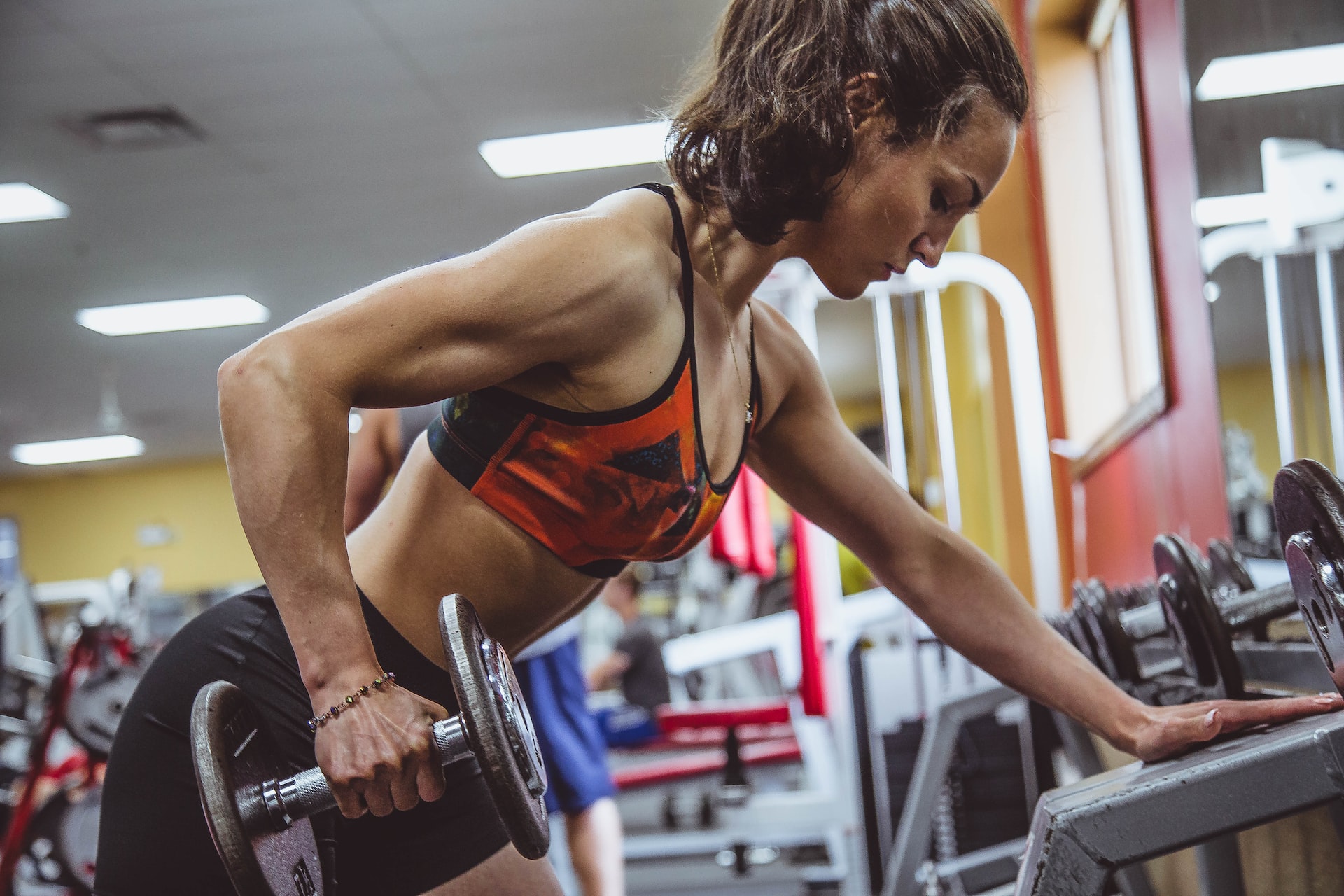
Perfect technique sort of exists.
It is theoretically possible to improve your technique to a point that it is nearly impossible to improve it any further.
However, your technique depends on a sizable number of things: your own body, your goals, your skill level, and your experience, to name a few.
With a sufficiently specified goal, substantial understanding of your own unique physiology, and a high level of skill and experience, you can improve the technique of a particular movement to the point that it cannot be further improved.
The issue lies with those variables: your goal(s), your individual body, and your skill level. All gym-goers (or anyone participating in physical activity in general) would benefit from better technique in the exercises they perform.
But how can you go about perfecting your technique?
To begin with, your goal will affect the best technique for a specific exercise.
Are you a powerlifter or a bodybuilder? Are you developing muscle or strength? Refining the movement or increasing your power? Your goals must be ultra-specific in order to know the best possible technique you can execute.
Take the bench press, for example.
If you are simply trying to increase your max bench press, it’s a good idea to stick to lower rep ranges and to move the weight upwards as quickly as possible in order to bias power production. Or, if your goal is merely a bigger chest, then you may want to perform various rep ranges with a controlled tempo to create the greatest amount of mechanical tension. If you’re a calisthenics athlete and attempting to use weight training to enhance your planche, then you may want to alter the movement in such a way that it might be classified as a different movement altogether.
Next, your individual physiology will change how the movement looks.
Some people have hip bones that favor a wide squatting stance while others are more comfortable squatting narrow. People with longer femurs will have to bring their hips further back while squatting than someone with shorter legs. Bad shoulder mobility means you may want to overhead press at a slight angle rather than directly up and down while you improve your shoulder mobility. Longer limbs will require moving weight further than someone with shorter limbs.
These differences can often be minute details that aren’t obvious at first glance. In other cases, they can be obvious to someone who doesn’t even go to the gym. This is why both knowledge of general human physiology as well as experience of individual differences is so important: to be able to know the principles of a movement and the particular way that an individual can execute those things. If you lack the knowledge and/or experience to know these things, they can thankfully be borrowed from someone like a knowledgeable trainer, fitness coach, or even just a seasoned gym-goer who’s been around the block.
Finally, skill level doesn’t necessarily dictate difference in technique perfection. But whether or not you should even go about trying to perfect your technique.
If you are an elite lifter or competitive bodybuilder, you’re likely lifting weights that are dangerous without extremely good technique. Thus, striving for perfect execution is desirable. On the other hand, if you’re a beginner, just learning the basics of the movement is enough to avoid injury and get huge benefits from performing it. Trying to perfect technique as a beginner may lead to difficulty in learning the movement. That’s because the neural pathways or “muscle memory” are not yet created. It’s not at all worthwhile to nitpick small technique issues with a beginner if they are struggling just to keep the reps consistent set to set.
In other words, the idea of perfect technique is rather misleading.
Your goal will dictate what type of technique you should be striving for. Body size, shape, and proportions all affect what that technique will look like. And lastly, your experience level will dictate whether you should even be trying to pursue “perfect” technique or not. Technique is highly dependent on a number of variables. Rather than trying to figure out the perfect way to execute a movement, figure out what your goal of that movement is, how your body uniquely executes the exercise, and whether you should be eliminating every technical issue or just mastering the basics.



